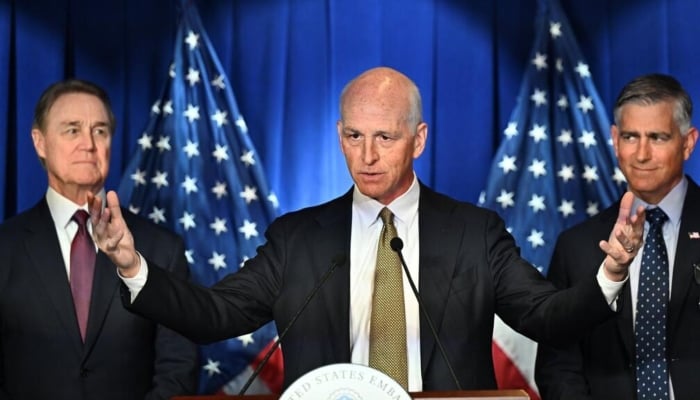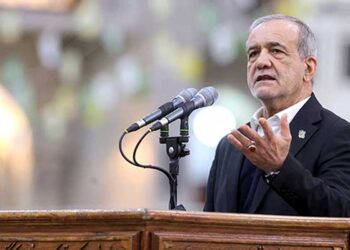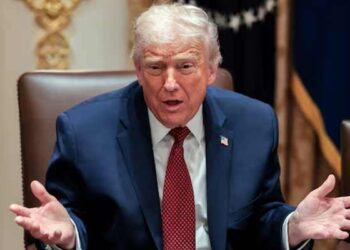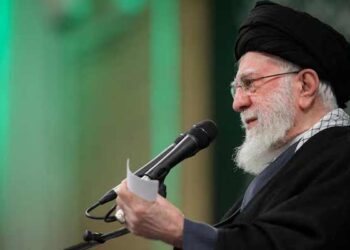Select Language:
A US congressional delegation visiting China issued a warning Tuesday about the potential for misunderstandings between the two nations’ militaries amid rapid advancements in defense technology. Adam Smith, the top Democrat on Washington’s Armed Services Committee, emphasized the importance of increased communication to prevent conflicts, noting, “Our ships, our aircraft, their ships, their aircraft — they come dangerously close to each other.” He added, “Better dialogue is needed to avoid miscalculations that could escalate.”
The four-member team, which includes Democrats Ro Khanna and Chrissy Houlahan, along with Republican Michael Baumgartner of the Foreign Affairs Committee, met with Chinese Defense Minister Dong Jun. During their discussions, the Chinese official urged the delegation to “eliminate disruptive and restrictive factors” hindering cooperation, according to Chinese state news agency Xinhua.
Smith, speaking alongside U.S. Ambassador to China David Perdue, highlighted the rapid pace of technological innovation such as AI, drones, cyber warfare, and space development, stressing that mutual misunderstandings of capabilities could lead to unintended conflicts if dialogue isn’t improved.
This visit coincides with recent discussions between President Xi Jinping and former President Donald Trump, who spoke on the phone twice since Trump’s return to office. Trump plans to meet Xi at an upcoming Asia-Pacific summit in South Korea and expects to visit China next year. Both leaders are also scheduled for additional telephone conversations.
Earlier this year, trade tensions led to increased tariffs, disrupting global supply chains, but recent negotiations have resulted in a tentative deal to lower duties: the US would impose a 30% tariff on Chinese imports, while China would apply a 10% tariff on US goods, with both sides agreeing to revisit the terms in November.
The congressional delegation also met with China’s Vice Premier He Lifeng to discuss ongoing trade negotiations, fentanyl concerns, critical minerals, and TikTok. The White House has indicated that a potential U.S.-produced version of TikTok might incorporate a domestically developed algorithm, possibly addressing key concerns that could keep the platform operating in the U.S.
When questioned about TikTok’s status, Smith acknowledged that the issue remains unresolved. The delegation is also set to meet with China’s National People’s Congress Chairman Zhao Leji and Foreign Minister Wang Yi.







